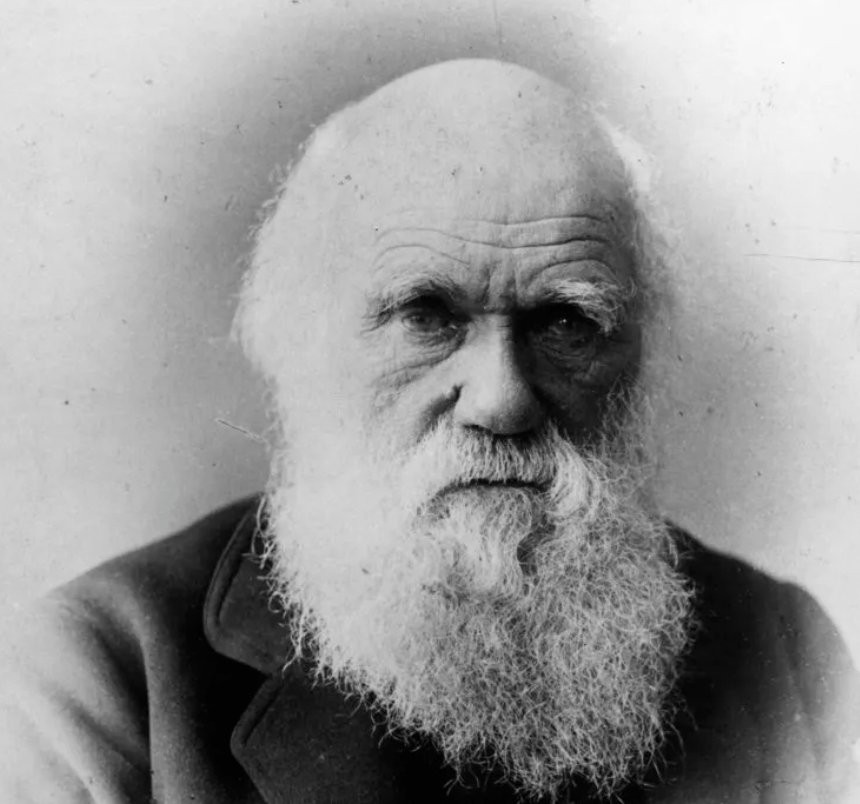57 Results

Do You Want AI To Be Used in Your Healthcare?
Jul 09 2024
By Charles Binkley, co-author of Encoding Bioethics: AI in Clinical Decision-MakingArtificial Intelligence (AI) is being introduced into every sector of the human experience, and healthcare is no exception.AI models were first used in radiology in the 1980s to aid radiologists in interpretin

Celebrating 10 Years of Elementa: Science of the Anthropocene
Jul 06 2024
In December 2013, UC Press’s mission-driven, trans-disciplinary, open-access journal Elementa: Science of the Anthropocene published its first article, ushering in its motto, “Open Science for Public Good.” In this blog post we pause to reflect and take note of some of the publication highlights fro

Ethical AI has the potential to revolutionize healthcare
Jun 11 2024
By Tyler Loftus, co-author of Encoding Bioethics: AI in Clinical Decision-MakingEncoding Bioethics begins where all good healthcare stories begin: in the trenches of patient care. We have many professional roles in healthcare, but above all, we are surgeons. Providing the best patient care possi

Climate-Smart Intervention Takes Top 2023 Case Studies in the Environment Prize
May 09 2024
The winning case study from the 2023 competition, “Building Resilience in Jamaica’s Farming Communities: Insights From a Climate-Smart Intervention,” from The University of the West Indies’ Donovan Campbell and Shaneica Lester, demonstrates that while climate change poses immense threats to the envi

Editor Spotlight: meet our Environmental Studies and Geography Editor, Naja Pulliam Collins
Apr 02 2024
As part of our ongoing Editor Spotlight Series, we connected with UC Press Associate Editor Naja Pulliam Collins to talk about her role as the new Environmental Studies and Geography Editor, what kinds of projects she’s looking for, and how authors can connect.How did you become an editor at UC

Why science communication needs more storytelling
Feb 27 2024
by Emma Frances Bloomfield, author of Science v Story: Narrative Strategies for Science Communicators.In 1999, Climate Research Unit (CRU) director Phil Jones sent an email briefly summarizing his process for combining measurements from climate proxy points, including ice cores and tree rings, t

Darwin Day
Feb 12 2024
UC Press, the publisher of the National Association of Biology Teachers’ (NABT) The American Biology Teacher, is pleased to honor Darwin Day by sharing the latest issue of ABT—an annual Darwin and Evolution special issue.

Case Studies in Environmental Geography: A CSE Special Collection
Jan 30 2024
A virtual special issue from Case Studies in the Environment for #AAG2024

A Q&A with Elementa: Science of the Anthropocene Ocean Science EIC Jody Deming
Dec 11 2023
Elementa is the right home for this type of research because we make a special effort to accommodate work that is, by necessity and intent, highly interdisciplinary, including work at the interface of various practices, from science to education and policy.

A Q&A with Case Studies in the Environment Associate Editor Jordan Howell
Nov 27 2023
"the 'real world' where sustainability decisions live is not that clear cut, and good case studies identify the conflicts and compromises inherent to any decision about a course of action relating to a sustainability issue"